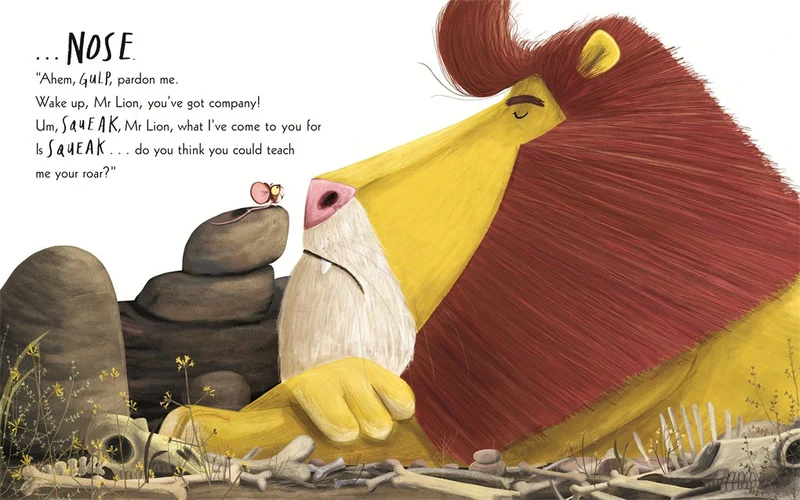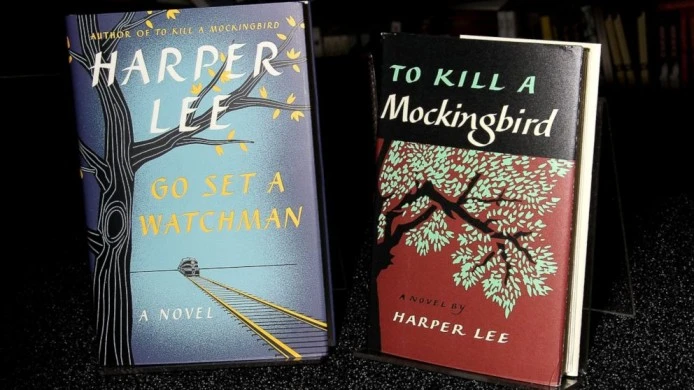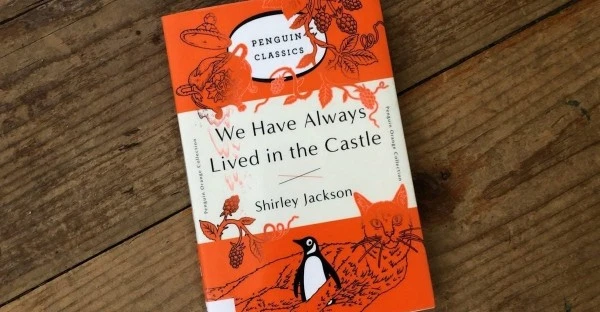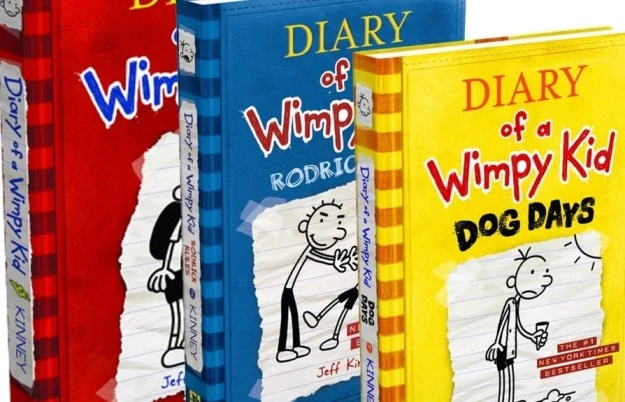A Comics-Obsessed Cinderella Down on the Farm

After skimming only a few pages of Lucy Knisley’s STEPPING STONES (Random House Graphic, 224 pp., $20.99; ages 8 to 12), even the least jaded of readers might guess the story’s arc: A mother moves her daughter, a true city kid, to the country, where the child will be surprised to find, over time, that she thrives on the pleasures of hard work, fresh milk and the natural world.
It may be predictable, but the rural transplant premise still provides delight and relief, especially as rendered by Knisley, a comic artist with a creative spirit as fresh as the farm. At a moment when the world is craving, en masse, a return to a simpler time, “Stepping Stones” is especially seductive, but its appeal is perennial; children (and their parents) will return to it again and again, savoring the visual details that initially go unnoticed, reliving the wit and wonder.
Like Knisley’s illustrated memoirs, her first graphic novel for kids is autobiographical, which means it includes the messy, sometimes harsh realities that characterize the actual lives of children.
Knisley’s books for adults — such as “Relish,” about her lifelong love of food, and “Something New,” about the twisty-turny run-up to her marriage — are introspective but mostly free of true tension. In a book billed as fiction, she’s able to lay bare the pain of a child experiencing her parents’ divorce: The novel’s heroine, Jen, a talented doodler and comic book fan, doesn’t have to narrate her moments of anguish; we see them in her drawings.
On one particularly tough day, she calls her father, who never visits the farm, only to get his answering machine. We see a flashback in the form of a happy cartoon: She and her parents are all shouting their names into the recording of their outgoing message, a family unit announcing itself as such.
Jen and her mother live on the farm with her mother’s new boyfriend, a legitimately annoying figure who is highhanded and especially hard on Jen. (From the start, the reader is tipped off to how problematic he will be, when he insists on referring to Jen as Jenny; a special circle of hell is reserved for adults who call children by nicknames not of their preference.) On weekends, his two daughters visit, one of whom, a girl about Jen’s age, is as supercilious as her father. That only one of these relationships fully resolves reflects the satisfying emotional complexity of “Stepping Stones.”
The book offers all the pleasures of a country idyll — Jen sketches in the back of a pickup truck while sucking on a honey stick — but it doesn’t shy away from the stings of adolescence. Awful things are said; people forgive and forget; flawed humans aren’t wholly redeemed, but nor are they one-dimensional and charmless.
Knisley is a graphic novel lover’s graphic novelist, playing with the form and revealing throughout how deeply her love of comics has permeated her life. (On a list Jen writes of things she misses about the city, “comic book stores” is No. 3.) In one series of frames, as Jen is reading a comic book clearly modeled after those featuring Archie and the gang, its characters veer from their usual high school chitchat to gossip about how badly that girl on the farm dresses, pointing to Jen, who’s right there with them on the page. When Jen reflects on a memory, the drawings are rendered on a notepad as a girl’s more childish cartoons.
In one poignant section, Jen, walking home through the woods in a fit of pique, notices an owl and flashes back to a conversation she had at the city zoo, in which her mother said the sight of captive animals made her sad. The reader feels Jen’s awe as the owl she has spotted in its natural setting suddenly spreads its wings and swoops through the sky. Jen’s story is about place and finding where one belongs; once Jen makes peace with her surroundings, and the people in them, she too can take flight.




